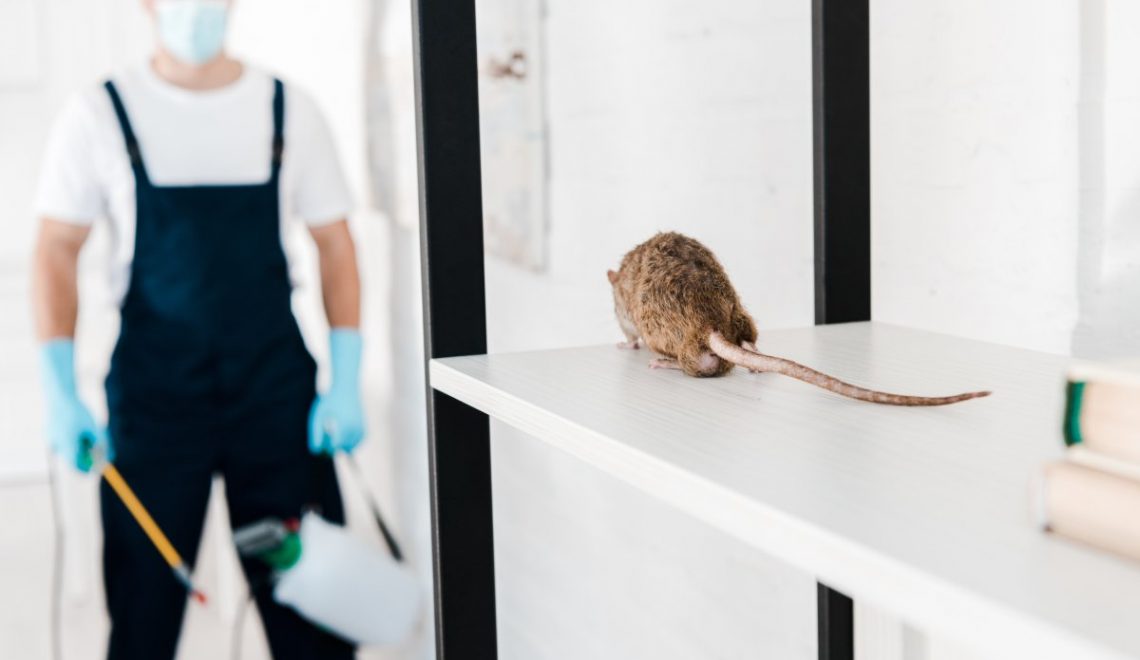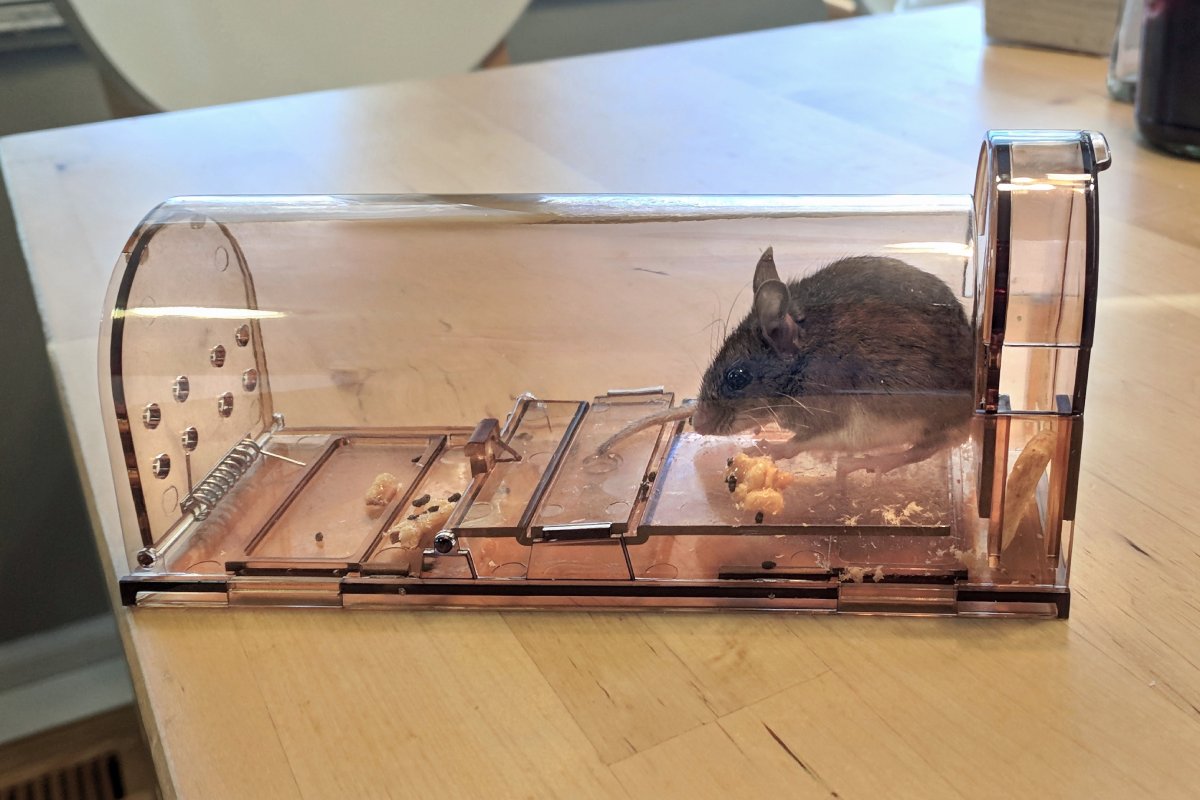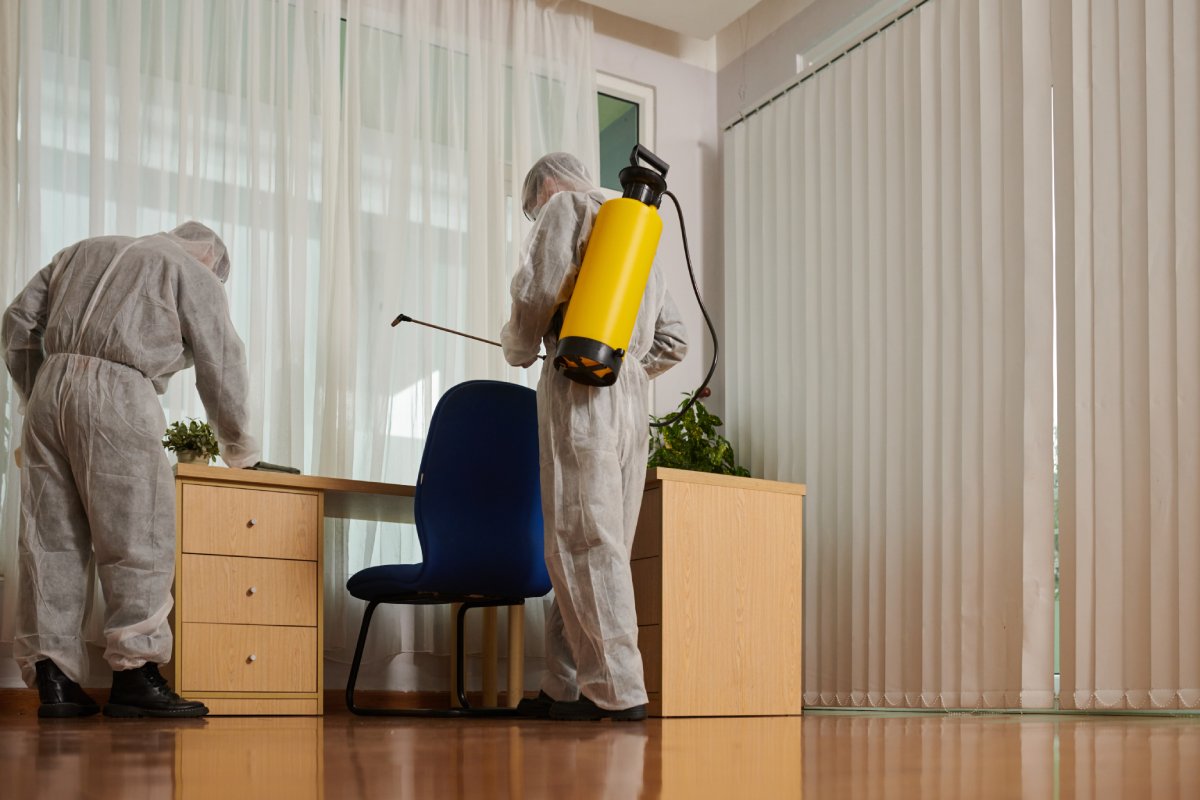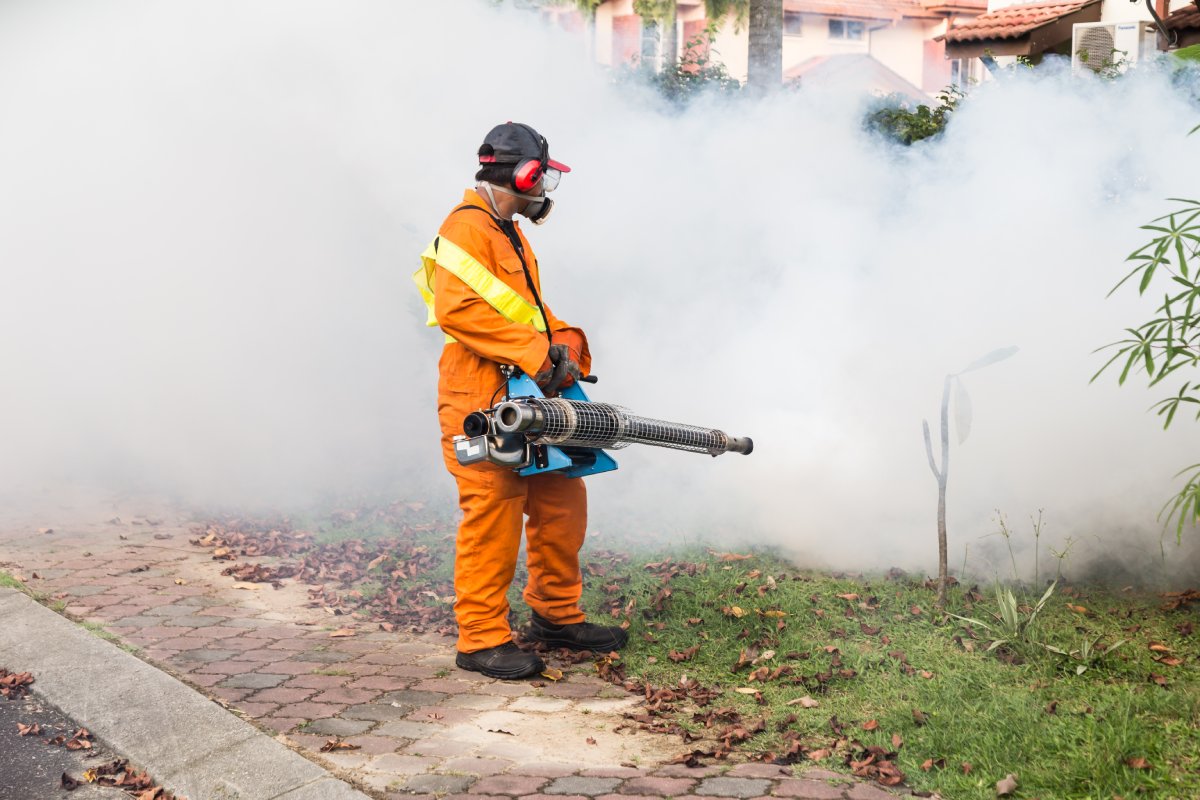
Pest control is an essential aspect of maintaining a safe and healthy living environment. However, it can also be a complex and nuanced issue, with various factors to consider when deciding whether pest control is necessary and which methods to use.
Three common questions people have about pest control are: What is pest control? Are pest controls worth it? Can I stay in my house after pest control? In this article, we will explore each of these questions in depth to provide a comprehensive overview of pest control and what you need to know!
What is pest control?
Pest control is the process of managing or eliminating pests to reduce or prevent damage to humans, animals, and plants. Pests are a natural part of the ecosystem, but they can become a problem when they invade homes, gardens, or other areas. Some pests are nuisances, while others are dangerous or destructive. Mosquitoes and ticks, for example, can transmit diseases, such as the West Nile virus and Lyme disease, while rodents can damage buildings and spread diseases, such as salmonella and hantavirus.
There are various methods of pest control, including chemical, biological, and physical methods. Chemical pest control involves the use of pesticides, such as insecticides and rodenticides, to kill or repel pests. Biological pest control involves the use of natural enemies, such as predators or parasites, to control pest populations. Physical pest control involves the use of barriers, traps, and other mechanical methods to prevent pests from entering a space or to remove them.

A mouse trap, one of the physical pest control solutions
Integrated pest management (IPM) is an approach to pest control that combines multiple methods to achieve effective and sustainable pest management. IPM involves monitoring pest populations, identifying the pest species and their behaviour, and using a combination of strategies to manage the pests. This may include cultural practices, such as crop rotation or sanitation, as well as chemical and biological methods.
Pest control is important for preventing the spread of disease, protecting property, and promoting healthy ecosystems. In agriculture, pest control is essential to prevent crop loss and ensure food security. In residential and commercial settings, pest control can improve the quality of life and prevent health hazards.
However, there are also concerns about the environmental and health impacts of some pest control methods, particularly the use of pesticides. Pesticides can have unintended effects on non-target organisms and can also contaminate the environment, including water and soil. Therefore, it is important to use pest control methods that are effective, safe, and sustainable.
Are pest controls worth it?
The question of whether pest controls are worth it is a complex one that depends on a variety of factors. Pest control can be expensive and time-consuming, and some methods may have negative impacts on your yard, the environment or human health. However, pests can also cause significant damage to property, spread diseases, and pose a threat to human and animal health.
One of the main benefits of pest control is preventing the spread of diseases. Pests such as rodents, ticks, and mosquitoes can transmit a variety of diseases to humans and animals. For example, rodents can spread diseases like salmonella and hantavirus, while mosquitoes can spread diseases like West Nile virus and malaria. By controlling pest populations, it is possible to reduce the risk of disease transmission and protect public health.
Another benefit of pest control is protecting property from damage. Pests like termites, carpenter ants, and rodents can cause significant damage to buildings and structures. For example, termites can weaken the structural integrity of a building, while rodents can chew through electrical wiring and cause fires.

In agriculture, pest control is essential for preventing crop loss and ensuring food security. Pests can cause significant damage to crops, resulting in reduced yields and economic losses for farmers. By using effective pest control measures, farmers can protect their crops and maintain a stable food supply.
However, there are also drawbacks to pest control. Some methods, such as the use of chemical pesticides, can have negative impacts on the environment and human health. Pesticides can contaminate water and soil, harm non-target organisms, and pose health risks to humans who come into contact with them. Additionally, some pests have developed resistance to certain pesticides, making them less effective over time.
Furthermore, some pest control methods can be expensive and time-consuming. IPM, which involves using a combination of methods to manage pest populations, can be effective but may require more resources than other methods. Additionally, some pest infestations may require repeated treatments, further adding to the cost and time required.
Can I stay in my house after pest control?
Whether or not you can stay in your house after pest control will depend on the type of treatment used and the severity of the infestation. Some pest control methods, such as chemical sprays, may require you to leave your house for a period of time to allow the treatment to take effect and the chemicals to dissipate.
In general, it is recommended that you follow the instructions provided by the pest control company to ensure that you and your family are safe during and after the treatment. This may include temporarily vacating your home during the treatment and for a period of time afterwards.
If a chemical spray or fumigation is used, you may need to stay out of your house for several hours or even days to allow the chemicals to dissipate. In some cases, the pest control company may provide temporary housing or accommodations during this time.

If a less invasive method, such as baiting or trapping, is used, you may be able to stay in your house during the treatment. However, it is important to follow any instructions provided by the pest control company to ensure that the treatment is effective and that you are not at risk of exposure to any toxins or chemicals.
It is also important to note that some people may be more sensitive to pest control treatments than others. If you or a family member has a respiratory condition or is otherwise sensitive to chemicals, it may be advisable to avoid staying in the house during or after the treatment, even if it is considered safe for most people.
In any case, it is important to communicate with the pest control company and ask any questions you may have before the treatment begins. They should be able to provide you with detailed instructions and advice on how to prepare for the treatment, what to expect during and after the treatment, and any precautions you should take to ensure your safety.
In conclusion
It’s clear that pest control is an essential part of maintaining a healthy and comfortable living environment. Whether it’s dealing with a pesky ant infestation or a more serious bed bug problem, pest control can help keep your home and family safe. But let’s not forget, the critters we’re trying to control are a part of our ecosystem too, and we need to be mindful of the impact our actions have on the environment.
So, when choosing a pest control method, it’s important to strike a balance between effectiveness and sustainability. By working with a reputable pest control company and being mindful of our impact on the environment, we can all play a part in creating a more harmonious living space for ourselves and the creatures we share it with.

